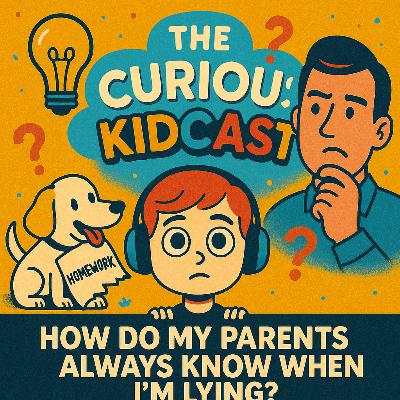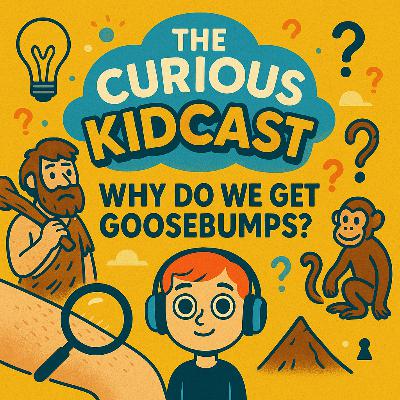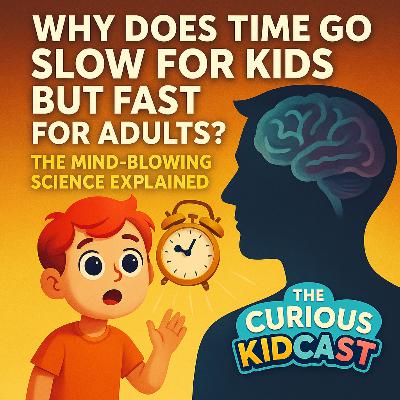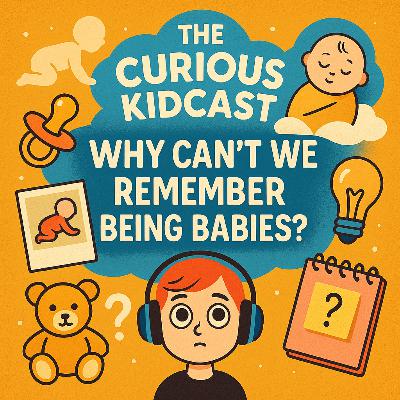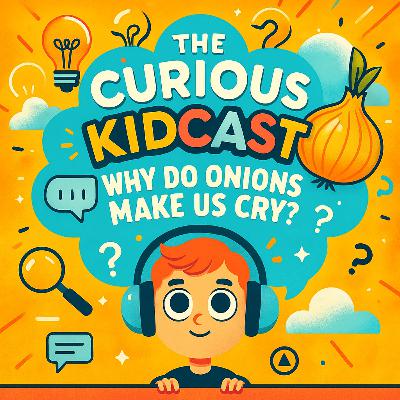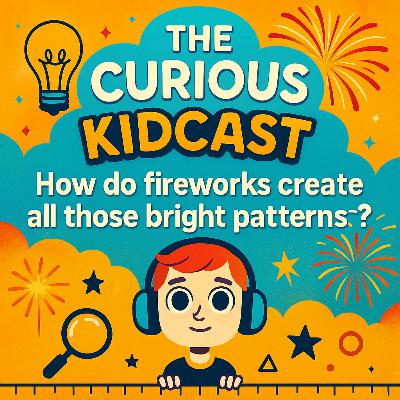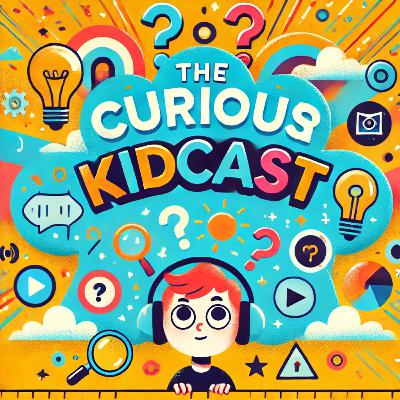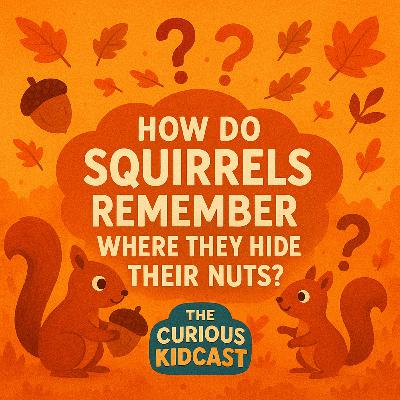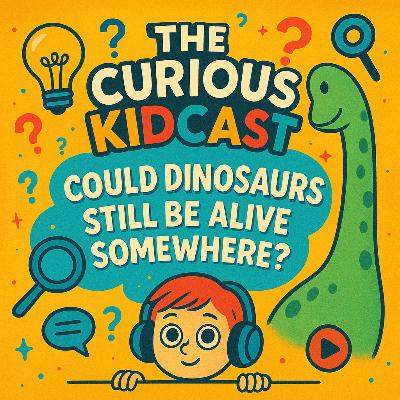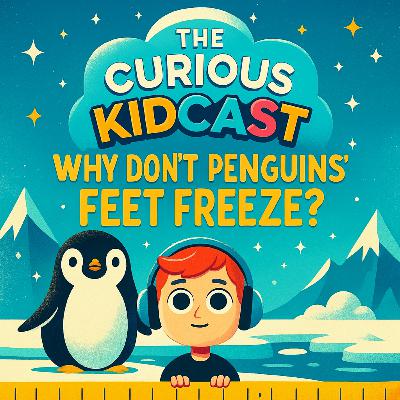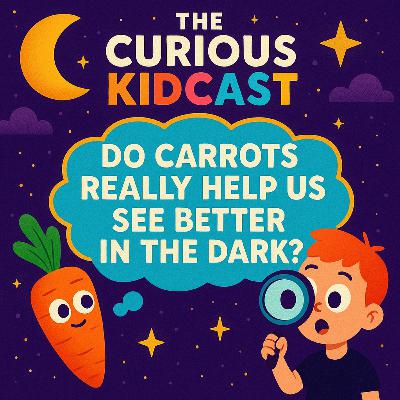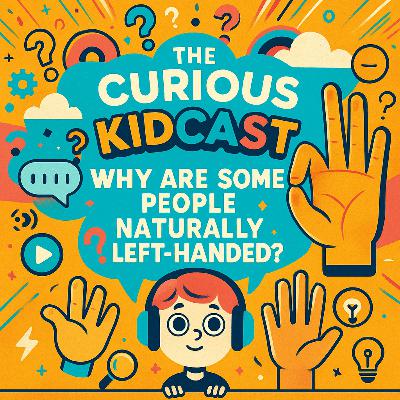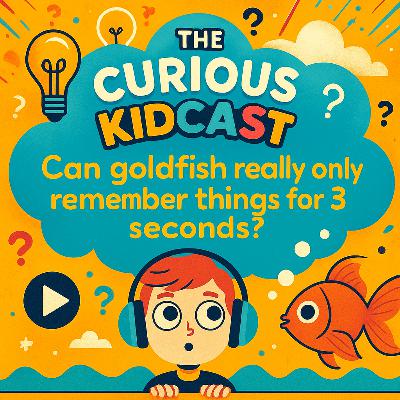How do my parents always know when I'm lying? | Fun Brain Facts for Kids
Description
Episode Summary
Ever wonder why your parents always seem to know when you're not telling the truth? In this engaging episode of The Curious Kidcast, host Andy investigates the mystery behind parental lie detection. Starting with Sophie's hilarious story about hidden biscuits and ant colonies, Andy explores the science and psychology behind why parents are so good at spotting fibs.
This episode combines humor with valuable lessons about honesty, trust-building, and effective family communication. Perfect for curious kids aged 6-12 and their parents who want to understand child behavior and improve family relationships.
Key Takeaways for Parents and Kids
- Parents aren't mind readers - they're skilled observers who know their children well
- Three "parent superpowers" explained: deep knowledge of their child, personal experience being a kid, and intuitive "parent radar"
- Body language tells the truth when words don't - fidgeting, voice changes, and avoiding eye contact are common signs
- Honesty builds trust - like a "piggy bank" that creates stronger family relationships
- White lies vs. sneaky lies - understanding the difference between protecting feelings and hiding trouble
- Truth-telling strategies for kids to communicate more effectively with parents
Why This Episode Matters for Families
Understanding why children lie and how parents detect dishonesty is crucial for healthy family dynamics. This episode addresses common childhood behavior while promoting open communication between parents and kids. The content helps children understand that parental "lie detection" comes from love and care, not a desire to catch them in trouble.
The episode also provides practical advice for children on how to be more honest and for parents to better understand their child's perspective when they choose to lie.
Educational Topics Covered
Child Psychology and Development
- Why children lie and the common motivations behind dishonesty
- Body language and non-verbal communication in children
- The development of trust in parent-child relationships
- Understanding the difference between malicious lies and protective "white lies"
Family Communication Skills
- Building honest communication between parents and children
- Teaching children to express feelings instead of resorting to lies
- Creating a safe environment for truth-telling
- Helping children understand consequences and make better choices
Interactive Quiz Segment
The episode includes an engaging quiz section where young listeners can test their understanding of:
- The three "parent superpowers" for detecting lies
- Common body language clues that reveal dishonesty
- The important distinction between harmful lies and kind "white lies"
This interactive element reinforces learning and keeps children engaged throughout the episode.
Perfect for
- Parents seeking to understand their child's behavior and improve family communication
- Elementary school children (ages 6-12) who are curious about family dynamics
- Educators and child development professionals looking for resources on honesty and trust-building
- Families who want to listen and learn together about important life skills
Why Parents Love The Curious Kidcast
The Curious Kidcast tackles real childhood questions with humor, wisdom, and age-appropriate explanations. This episode specifically helps parents understand why their children might lie while giving kids the tools to communicate more honestly. The podcast creates opportunities for meaningful family discussions about trust, honesty, and emotional intelligence.
Listen to More Episodes
Ready to explore more mysteries with your curious kids? Visit our website to discover more episodes that answer the questions that make kids go "hmm."
Related Topics: child psychology, parenting tips, family communication, honesty in children, kids podcast, educational content for families, building trust with kids, understanding child behavior, emotional intelligence for children

